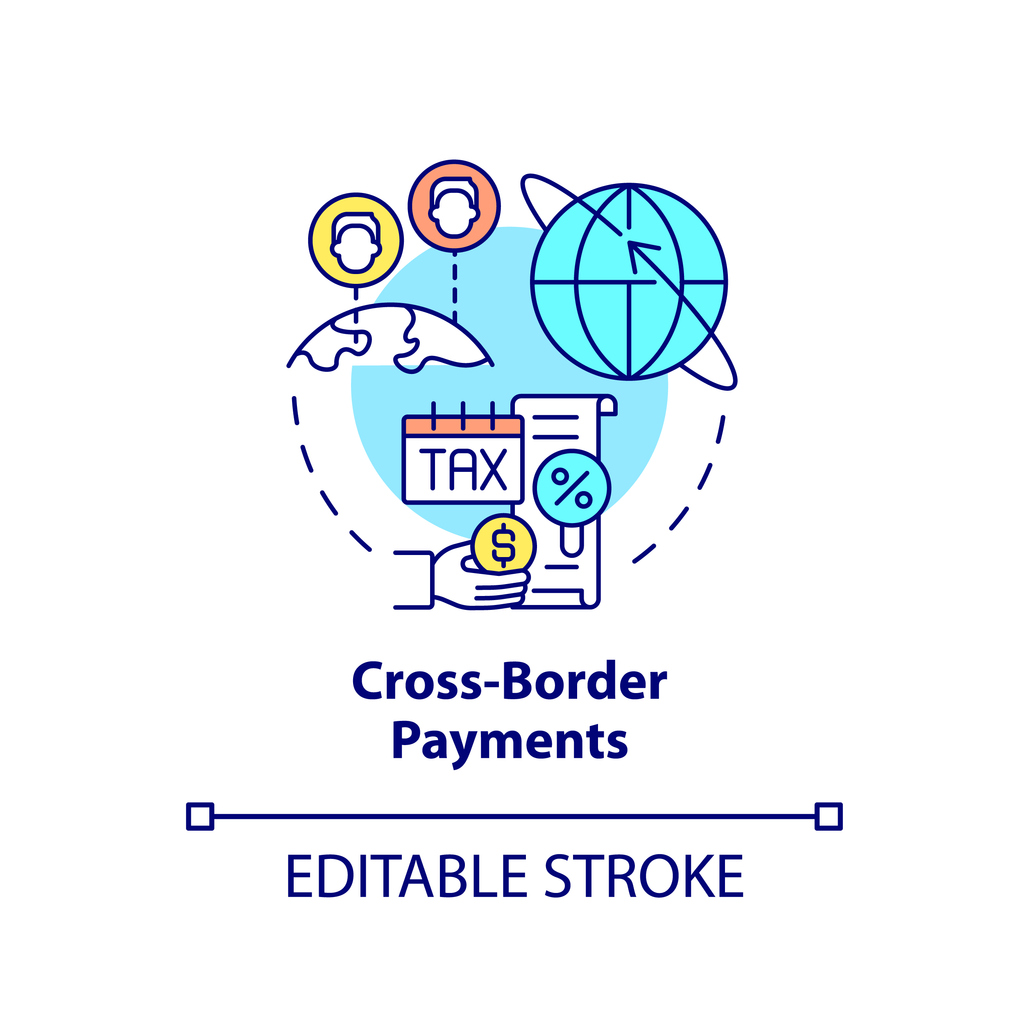The Distribution Business in Nigeria: Challenges and Opportunities to Consider
The Distribution Business in Nigeria: Challenges and Opportunities to Consider
Nigeria’s distribution sector is the country’s major export sector, accounting for over 16% of GDP. It also contributes about 60% to employment in the country’s formal sector. The sector has been largely dominated by small enterprises with little or no capital, yet it remains an important player in the Nigerian economy. However, there are challenges that are hindering growth in the sector. This article explores some of these challenges and opportunities that are available to overcome them.
The economic contribution of the distribution sector
The distribution sector of Nigeria’s economy is the country’s largest export and import sector. It accounts for over 16% of GDP, and contributes about 60% to employment in the country’s formal sector. The sector has been largely dominated by small enterprises with little or no capital, yet it remains an important player in the Nigerian economy. This article explores some of these challenges and opportunities that are available to overcome them.
Challenges faced by the distribution sector
There are several challenges facing the distribution sector in Nigeria. To name just some of the major challenges, there is a lack of investment and infrastructure, high transport costs and slow growth.
The transport sector is one of the most crucial sectors to modernize in Nigeria because it will be used by businesses to move goods to marketplaces quickly and efficiently. In addition, there are also problems with low security at ports.
A second aspect that hinders growth in the distribution sector is the high cost of goods sold. The cost of goods sold (COGS) in Nigerian markets has pushed many small businesses out of business because it’s simply too expensive for them to do business.
A third challenge facing the distribution sector is a lack of competition due to barriers such as corruption, weak regulatory framework and lack of efficient delivery systems.
It’s important for all businesses to understand these challenges so they can address them effectively.
Opportunities for the distribution sector
Distribution is an important sector in Nigeria. It plays an integral role in the country’s economy and contributes a significant amount of employment to local people. Several challenges are currently hindering growth in the sector, however, and there are opportunities that can be used to bring the sector forward, with less disruption.
Small enterprises play an important role in distribution. They account for over 50% of business establishments and employ over 70% of all workers in the country. They represent a major part of the Nigerian workforce and have been dominant since independence, but they still face difficulties in accessing finance, human resources, technology, equipment and knowledge. They also lack access to information about products that is vital to their business activities. Additionally, they often lack effective marketing efforts as they lack adequate facilities or capital to properly market their goods on a large scale.
The ability of small wholesalers and retailers—the main players in this segment—to grow their businesses will depend heavily on improving access to finance and increasing access to information about products and services that support their businesses. This article provides some suggestions for how these challenges can be overcome:
Conclusion
Agribusiness is the world’s largest agricultural industry. At the same time, there are a number of challenges that need to be overcome if this sector is to grow. Although Nigeria’s agribusiness sector is large and growing, it remains fragmented and lacks a cohesive strategy for growth. In this post we have highlighted some of these challenges, and explored some strategic options for overcoming them.








LEAVE A COMMENT
You must be logged in to post a comment.